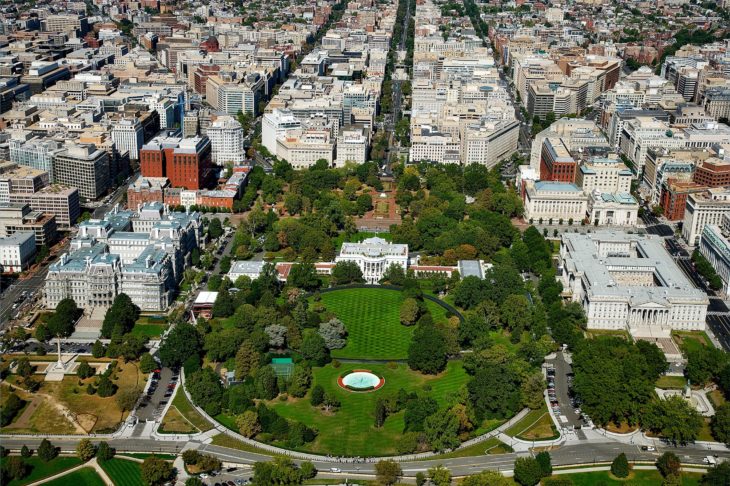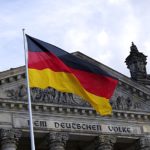
Five Driving Forces Behind the Washington, DC Economy
Washington, D.C., the capital of the United States, is more than just a political powerhouse. It is also home to a diverse and robust economy that extends beyond the political sphere. The city’s economic vibrancy can be attributed to a combination of factors that contribute significantly to its growth and stability. In this article, we will explore the five biggest contributors to Washington, D.C.’s economy and delve into why they play such a vital role.Government and Federal Institutions: The presence of numerous federal agencies, government institutions, and embassies makes Washington, D.C. a hub of political and administrative activity. The federal government is not only the city’s largest employer but also a driving force behind its economy. The city benefits from federal spending on infrastructure, research, defense, and more. The influx of federal employees and contractors stimulates the local housing, retail, and service industries, leading to a steady economic flow.Tourism and Hospitality: Washington, D.C. is a global tourist destination, attracting millions of visitors from around the world each year. The city’s iconic landmarks, museums, monuments, and cultural attractions create a thriving tourism industry. The Smithsonian museums, the National Mall, and historical sites like the Lincoln Memorial draw visitors from all over the world. The hospitality sector, including hotels, restaurants, and entertainment venues, benefits immensely from this influx of tourists, contributing significantly to the city’s economy.Education and Research: The city’s prestigious universities, research institutions, and think tanks contribute significantly to its economy. Institutions like Georgetown University, George Washington University, and Howard University attract students and researchers from around the world. These institutions drive innovation, research, and intellectual capital, fostering an environment that supports both technology and knowledge-based industries.Healthcare and Biotechnology: The healthcare sector plays a critical role in Washington, D.C.’s economy. The city is home to several world-class medical facilities, including MedStar Washington Hospital Center and Children’s National Hospital. Moreover, the emergence of biotechnology and research-driven medical advancements has led to the growth of biotech firms and startups. These businesses contribute to the local economy by creating high-skilled jobs and attracting investment.Professional Services and Consulting: Washington, D.C. is a hub for professional services and consulting firms. These companies provide a range of services, including legal, financial, and strategic consulting, to both government agencies and private organizations. The presence of these firms is driven by the city’s political and administrative landscape, creating a symbiotic relationship that benefits both the firms and the local economy.In conclusion, Washington, D.C.’s economy is a multifaceted ecosystem driven by a variety of sectors. The intertwining of government, tourism, education, healthcare, and professional services has created a dynamic economic environment that withstands shifts in the global economy. These five contributors have not only defined the city’s economic landscape but have also established it as a resilient and prosperous metropolis, beyond its role as the nation’s capital.







